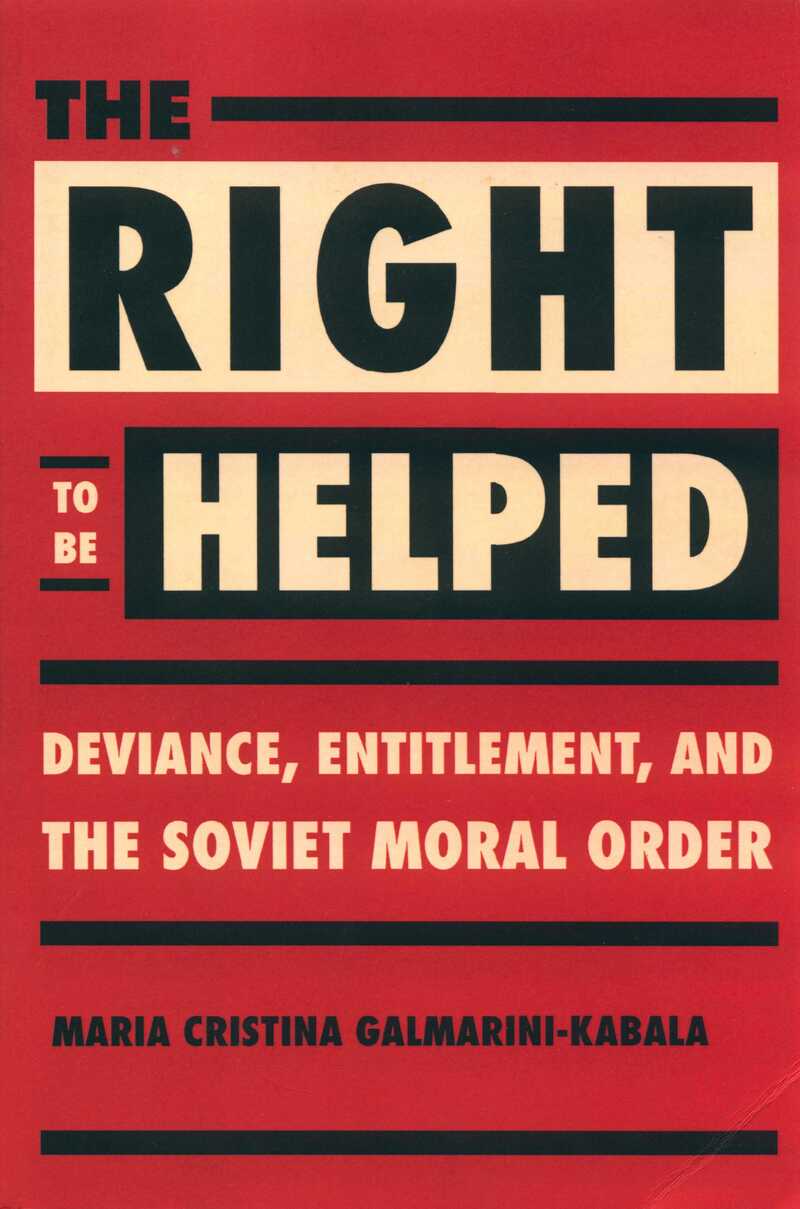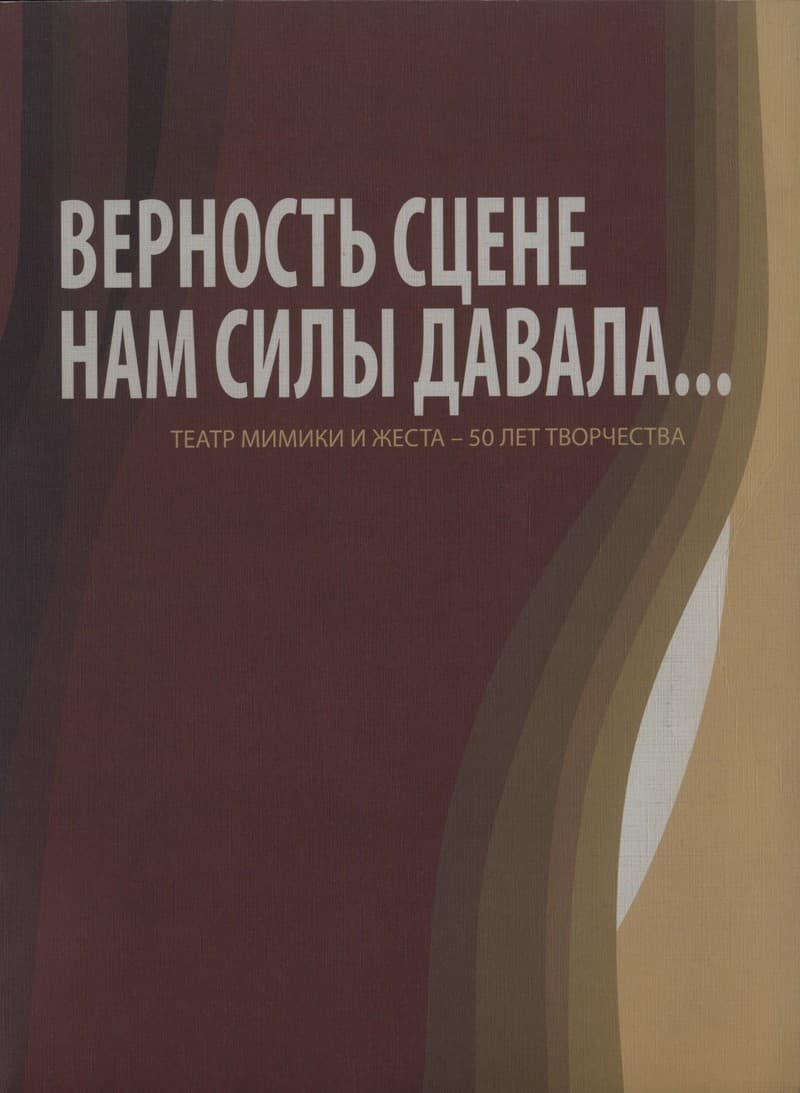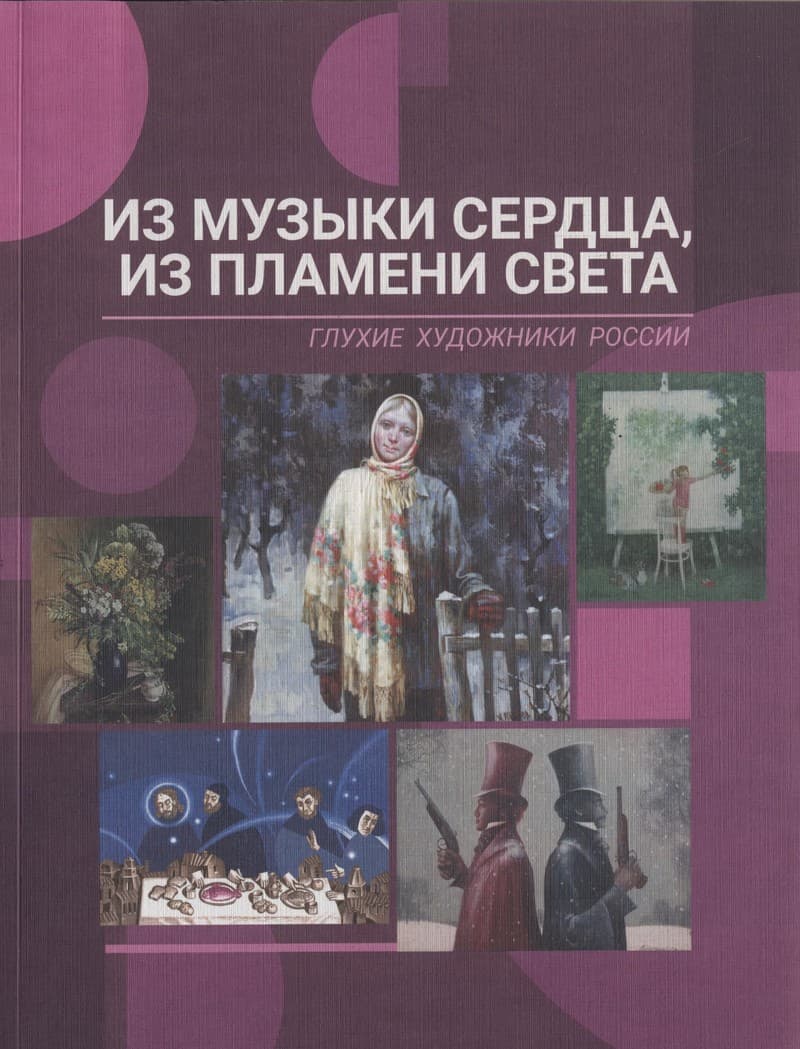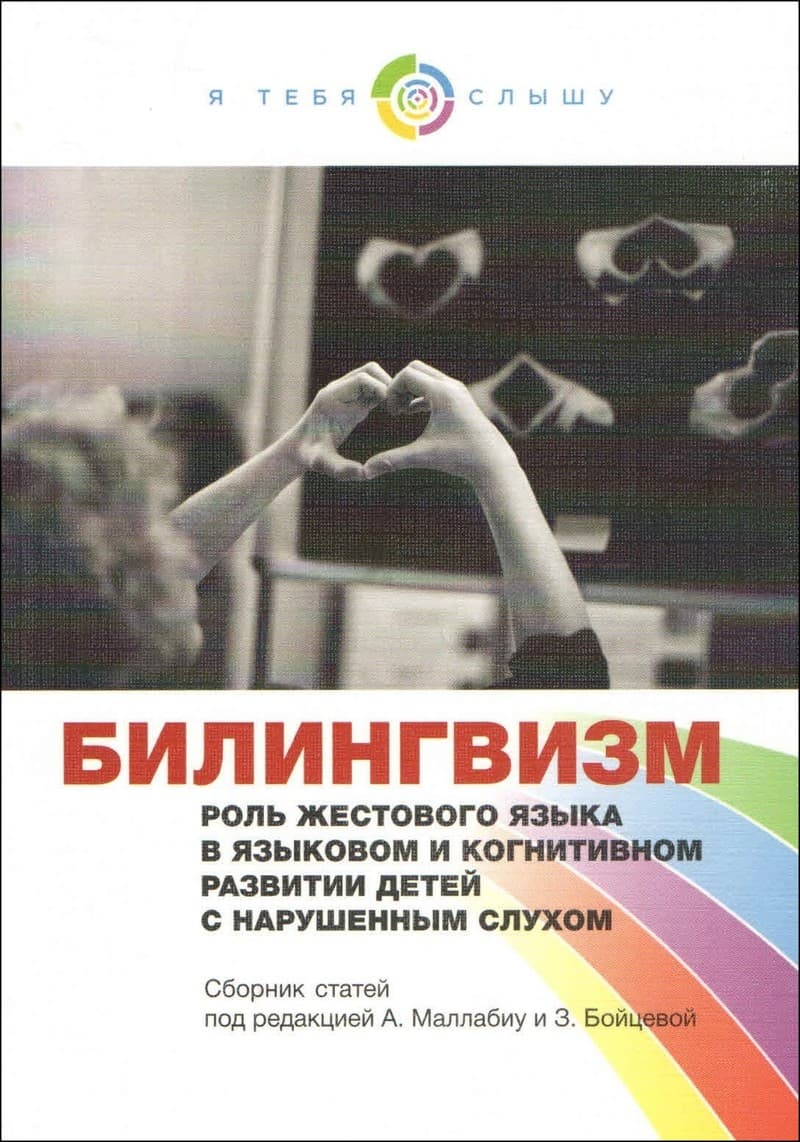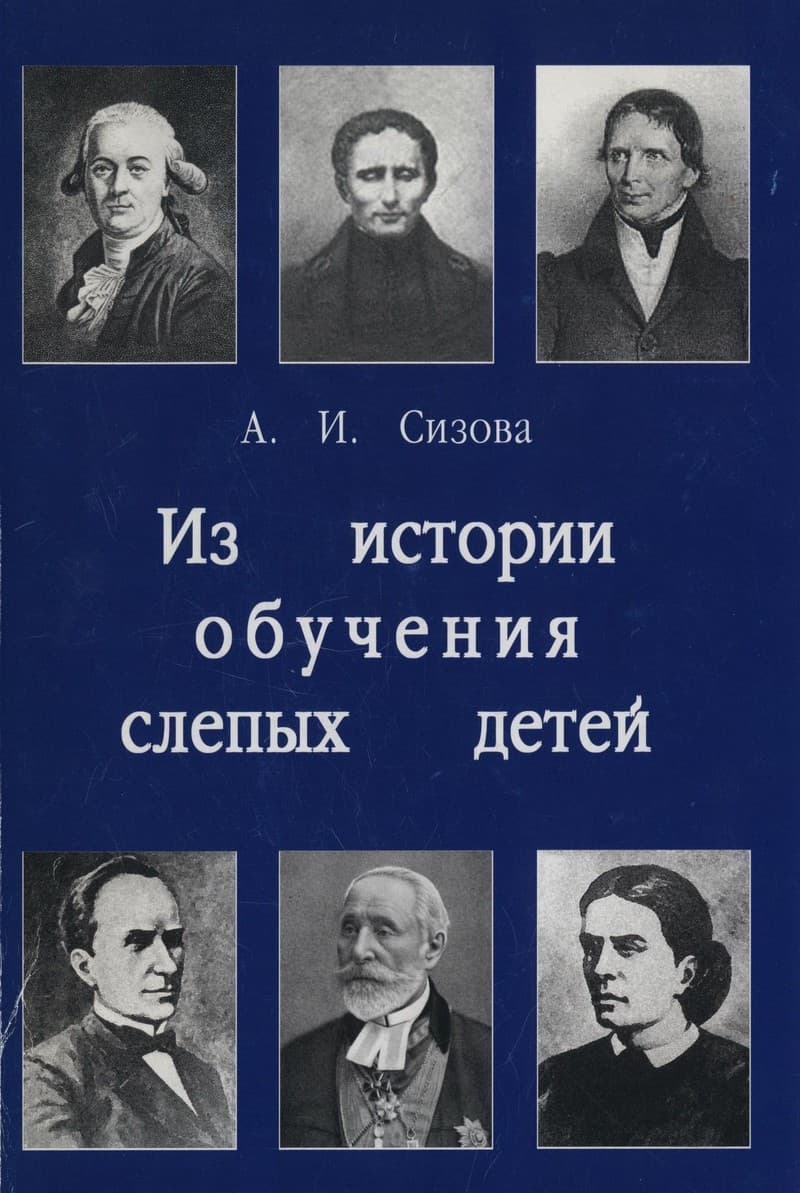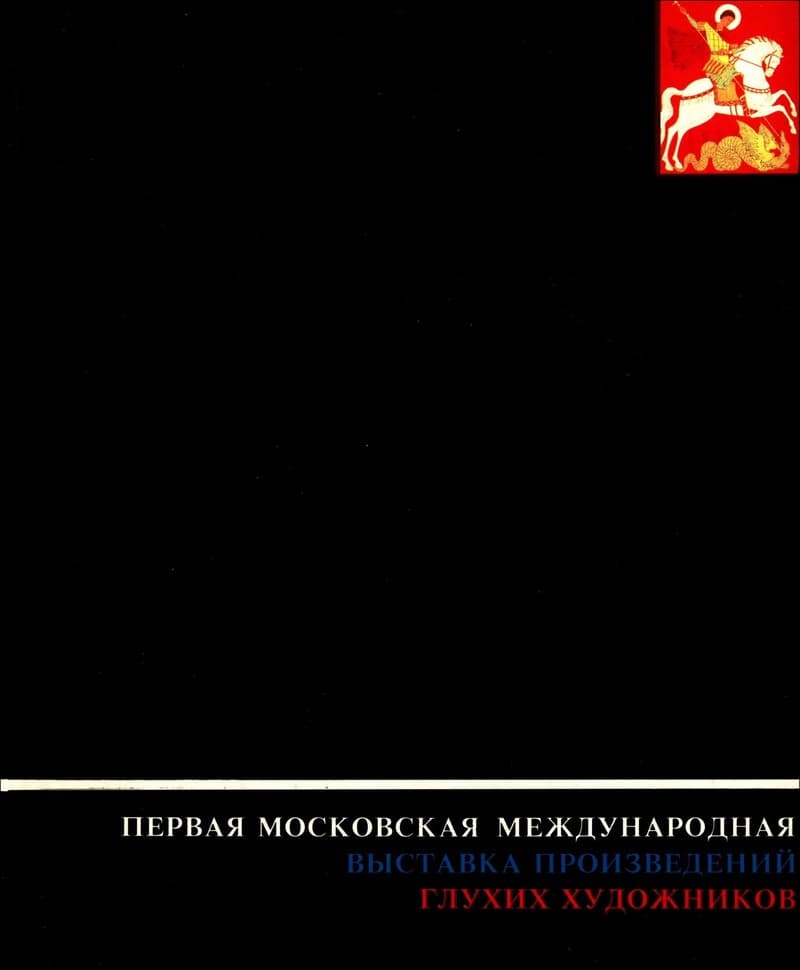The Right to be Helped: Deviance, Entitlement, and the Soviet Moral Order
Disabled single mother Maria Zolotova‑Sologub raised this question in a petition dated July 1929 demanding medical assistance and a monthly subsidy for herself and her daughter. While the welfare of able‑bodied and industrially productive people in the first socialist country in the world was protected by a state‑funded insurance system, the social rights of labor‑incapacitated and unemployed individuals such as Zolotova‑Sologub were difficult to define and legitimize.
The Right to Be Helped illuminates the ways in which marginalized members of Soviet society understood their social rights and articulated their moral expectations regarding the socialist state between 1917 and 1950. Maria Galmarini‑Kabala shows how definitions of state assistance and who was entitled to it provided a platform for policymakers and professionals to engage in heated debates about disability, gender, suffering, productive and reproductive labor.
Данные книги
Инклюзия, История ХХ века, Постколониальные исследования, Социализм, Этика
ДеКалб, Иллинойс
2017
301 страница
9780875807690
Доступ по запросу
Нет
Да
370 Gal
- Верность сцене нам силы давала... Театр мимики и жеста — 50 лет творчества2012
- Из музыки сердца, из пламени света. Глухие художники России2021
- Билингвизм: роль жестового языка в языковом и когнитивном развитии детей с нарушенным слухом2017
- Из истории обучения слепых детей2008
- Хрестоматия научного журнала The Garage Journal2021
- Arts, Culture, and Blindness: A Study of Blind Students in the Visual Arts2008
- Перламутровые облака2013
- Deaf Mobility Studies: Exploring International Networks, Tourism, and Migration2024
- Душа и парус выплывут из дали...2020
- Доступность мультимедийных и интерактивных инсталляций: Что придумали и сделали в Музее криптографии и как это работает2025
- Наверно я дурак: антропологический роман2018
- Первая Московская международная выставка произведений глухих художников1992
